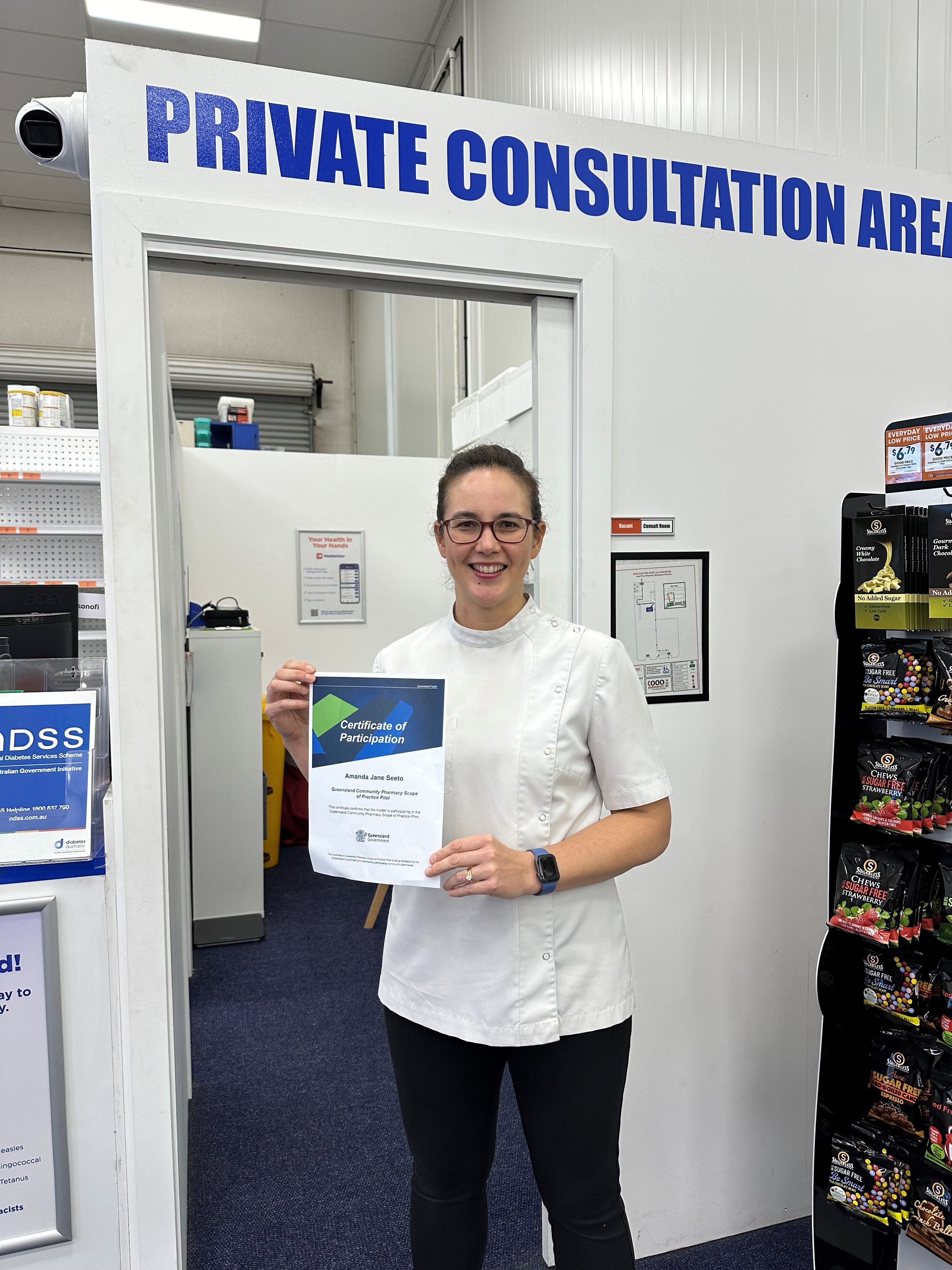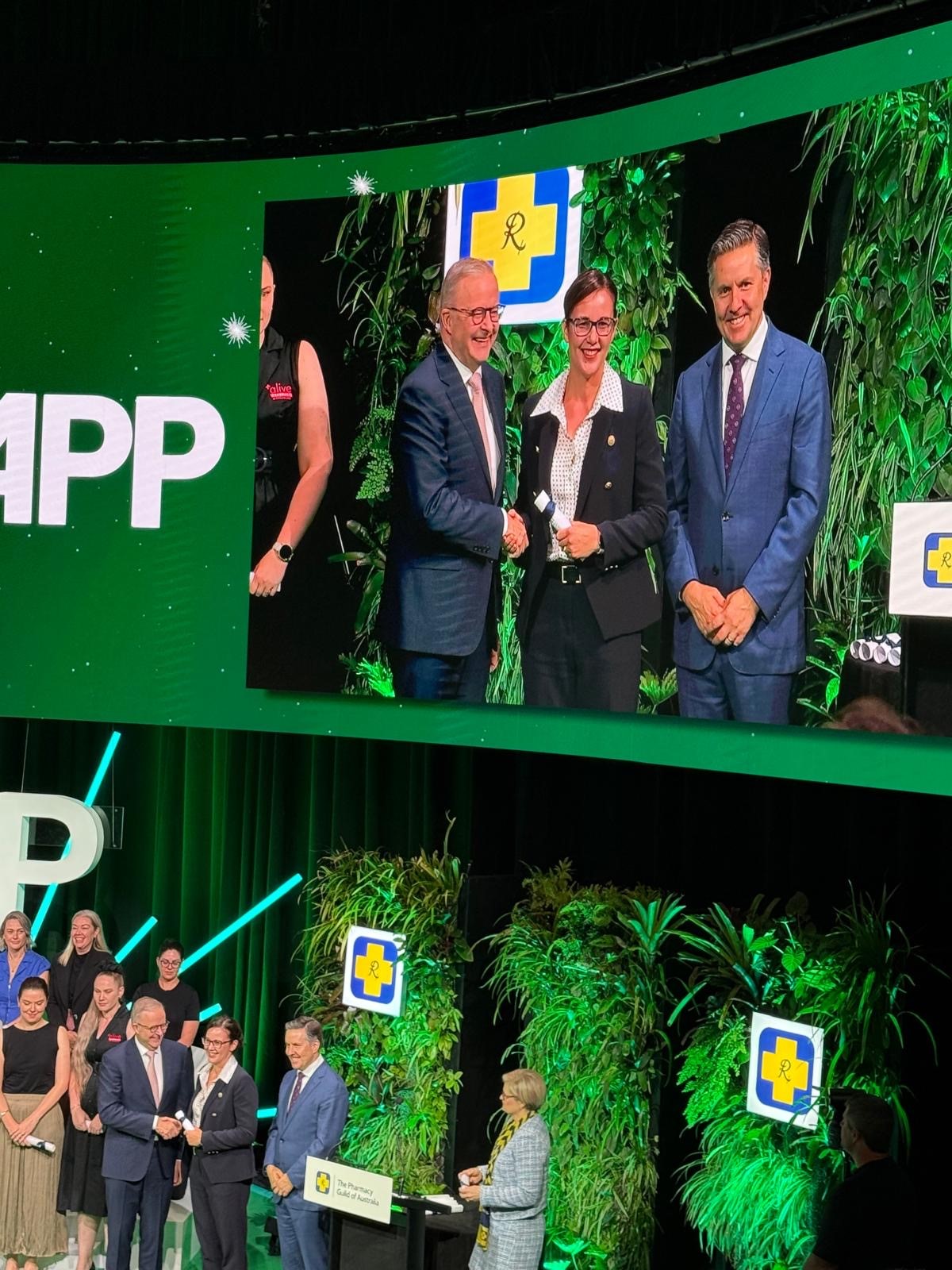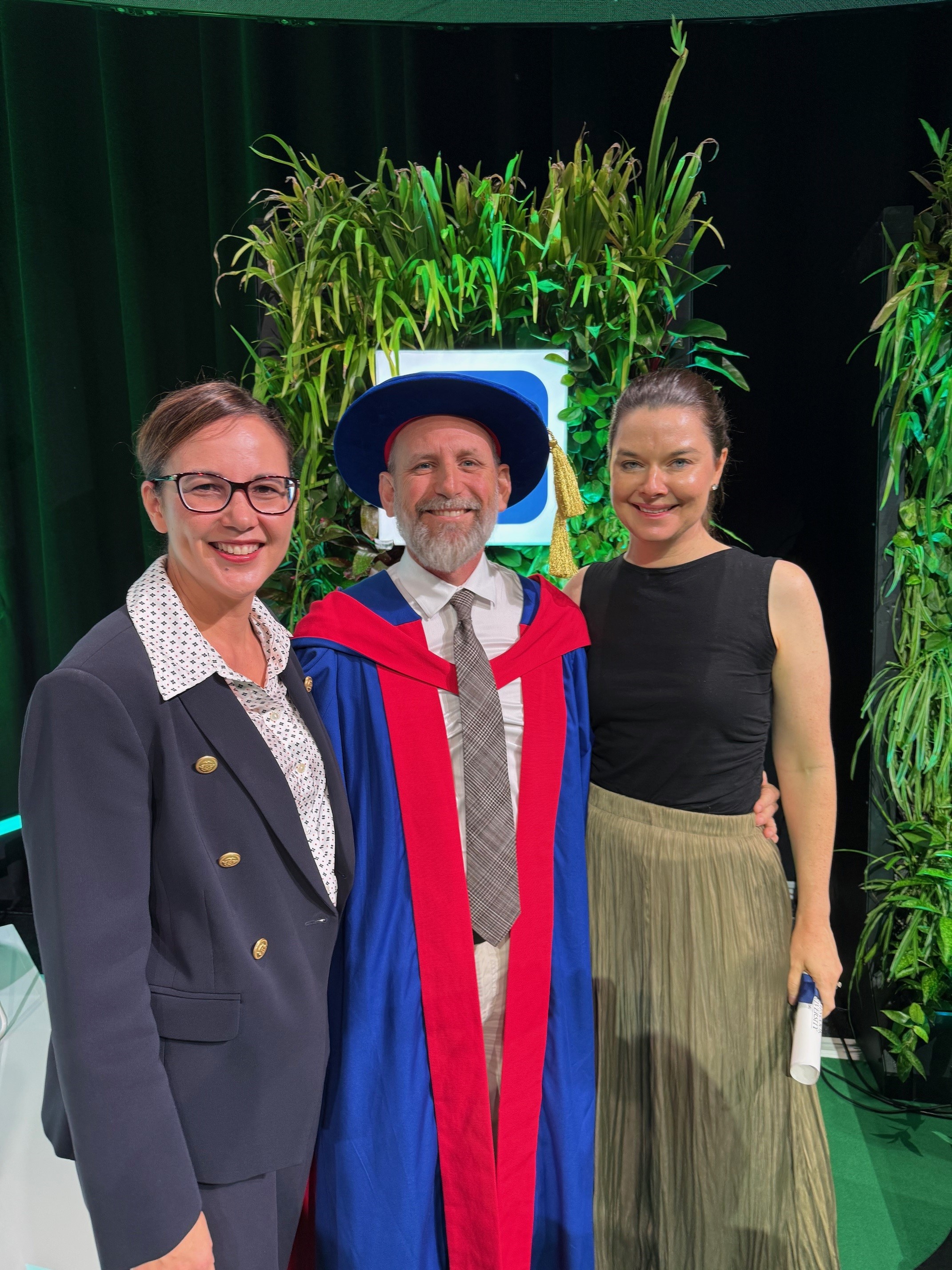In this interview she shares her experience training to participate in the Pilot, and insights on what training will look like in the future, and her thoughts on how the Pilot will shape the industry as a whole.
1. When did you first know you wanted to work in pharmacy?
“I got my first job in my second year of pharmacy and loved it from day one. I love that I could create relationships with patients. I got to know the people and I had many patients who I would talk about football with more than we talked about medication, but we had that rapport, so when it came to something serious, we could get right into it. I tried locuming for a couple of years and I missed my regular patients, and that's what brought me back to being a regular pharmacist in one location again.”
2. What drew you to the Pilot?
“I’d see all these common conditions where I was pretty sure I knew what needed to happen or how to treat the patient, and now I'm qualified to look after them and see it through. Working to my full scope provides more variety in my day at the pharmacy. I don't know any pharmacist, who enjoys their job, who would mind having more variety in their day. A mix of immunising, consulting, counselling over the counter, and dispensing. It’s true that variety is the spice of life.”
3. Can you talk about what training looked like, and what your experience of it was?

Amanda Seeto with her certificate after completing her Pilot training.
4. Do you have any tips for people currently in training, or who are considering commencement of training?
“And lastly, find your tribe. Find that little group of learners you connect with in your cohort, form a chat group, and stay connected. I’m still in touch with the three ladies I connected with during my training. We really supported each other then, and we continue to do so.
5. How have education providers like the College had to adapt to support the evolving industry landscape?
“With different scope programs rolling out across Australia—and each state and territory offering a different mix of services—it’s been a challenge to create consistent educational content. It’s particularly complex in states where services like hormonal contraception, skin conditions, and travel health are layered. That’s why the College has developed accredited modules tailored to each jurisdiction, and we’ve brought them together in our Supplementary Scope Series*, so pharmacists can find the right training mix.
“CPD requirements are also key. Each year pharmacists must design their CPD learning plan that aligns with their scope. Pharmacists practising to their full scope need access to education that supports their scope, so we’ve worked to stay ahead of the curve.
“Once you’re practising to full scope—like other prescribing health professionals—it’s important to regularly debrief or work through case studies. The College runs monthly education sessions where pharmacists can discuss de-identified cases in breakout rooms, moderated by scope educators and a GP. The feedback has been overwhelmingly positive, with participants finding real value in this peer-to-peer learning.”
6. The Pilot was rolled out nationally, and then it was made permanent, and both of these things happened before the Pilot even concluded. What do you think makes the Pilot so valuable that this happened?
“One of the things I love about pharmacists working to our full scope is that we aren’t looking to replace any member of the healthcare team. We’re adding to the patient’s options and network of care. We’re providing another option for accessible, affordable healthcare.”
7. Looking to the future, what do you think the next generation of pharmacy graduates will be like, given that full scope is being embedded into bachelor's degrees? What do you think that means for the future of the industry?
“Previously, community wasn’t seen as the location of choice for being a ‘clinical pharmacist,’ whereas we know that community pharmacy is very clinically oriented. And now, with pharmacists working to our full scope, we get to use those skills even more. So I think the future of the industry is looking bright.”
8.What role do education and training institutions like the college play in this future?
“If we look at similar pilots and services, the first immunisation which was delivered by a pharmacist in 2014, yet every time the College puts on a vaccination workshop, it’s booked out. I think training institutions will need to continue to offer this education for a long time, and also continue developing more CPD training to help pharmacists maintain their recency of practice. As our scope evolves, so will the education the College delivers.”

At APP2025, Prime Minister Anthony Albanese and the Hon Mark Butler, Minister for Health and Aged Care, presented certificates to pharmacists who had completed training for the Queensland Community Pharmacy Scope of Practice Pilot. Amanda is seen here receiving hers.
* Activities offered by the College in the Supplementary Scope Series:
Upcoming:
UTI Update: What’s new? – interactive workshop (28 May 2025)
This workshop will deliver a focused briefing and interactive discussion on the recent updates to the Therapeutic Guidelines, exploring the implications of these changes for pharmacists across Australia. Particular attention will be given to State and Territory-specific protocols for managing urinary tract infections (UTIs). The session will also cover key information about Fosfomycin and revisit the UTI consultation, emphasising the importance of taking a comprehensive patient history to support accurate differential diagnosis and optimal management.
Skin Conditions Consolidation – interactive workshop (June 2025)
Further details to be announced.
Previous workshops in the Supplementary Scope Series:
Clinical skills in practice – face to face workshop (March 2025)
In this workshop, pharmacists were given the opportunity to discuss medicolegal considerations for autonomous prescribing, consolidate their history taking skills, practise respiratory and cardiovascular examinations, discuss cardiovascular risk reduction and consolidate their diagnostics skills in skin are.
In this series, pharmacists learnt the importance of professional clinical documentation and common ways to structure clinical notes and communication with prescribers. Pharmacists were also given a walk-through of the only clinical software approved for use in the pilots and trials around Australia.
*Please note the eLearning module is still available for purchase and completion

Amanda Seeto, The Australasian College of Pharmacy, CEO; John Smithson, James Cook University, Head of Pharmacy; Suzannah Nash, The Australasian College of Pharmacy, Chief Pharmacist.